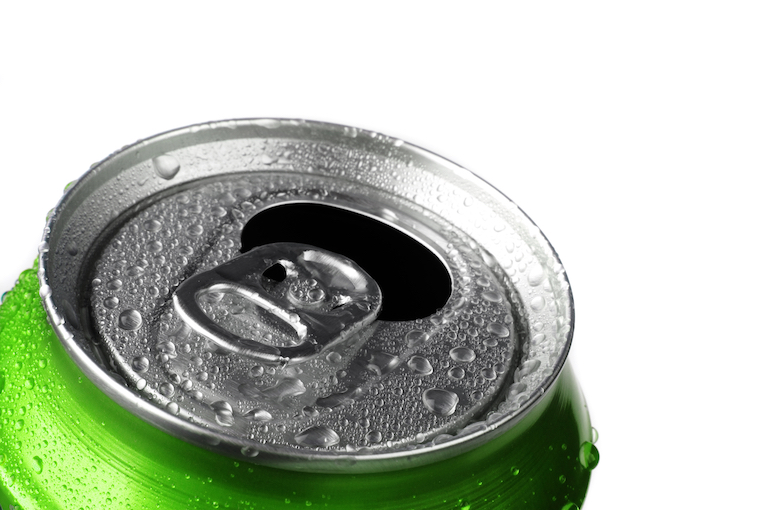
The practice of pouring fizzy beverages over the gills of fish being released to reduce or stop bleeding does not appear to be effective, according to recent research.
The technique has been popularized by some fishing guides, as well as some print and social media with stories and videos showing how deep-hooked, injured muskellunge have been saved to fight another day. The theory proposes carbon dioxide in the drinks leads to constriction in blood vessels to slow or stop bleeding, or that their phosphoric acid causes blood to clot.
Supervised study conducted
Dr. Steve Cooke, in his role as biology professor at Carleton University, was encouraged to do this research by guide, John Anderson, from Ottawa Musky Factory. Cooke supervised Master of Science student Alexandria Trahan in the study to find out.
She and her team caught northern pike with hook and line and separated them into two groups which had had their gills clipped. One group was used as a control; the other treated with carbonated beverages poured over their injured gills.
Temperature and ingredients were tested to see if chilled drinks had any different effect than ones at room temperature. The pike were placed in lake water in white-bottomed coolers, which allowed researchers to see and measure bleeding.
Illusions of bradycardia, tachycardia
The results showed water temperature had no effect on bleeding and, Cooke said, “Although it looks as though carbonated water or pop poured over the gills of an injured fish helps it to survive, and anglers should feel no regret for doing so, it is an illusion created because of bradycardia.”
Cooke explained “When a fish is taken out of water, its heart stops for about 30 seconds, No heartbeat. Bradycardia. No bleeding. After 30 seconds. Tachycardia. More rapid heartbeats. Lots of bleeding.”
Trahan said, “What fools those of us releasing fish after dousing their gills with pop is bradycardia, and the typically dark colour of the lake or river bottom (which doesn’t contrast with the colour of the blood) that begins to flow when the fish somewhat recovers and tachycardia sets in. Our experiment used coolers with white bottoms so that we could see blood flow.”
Fish out of water
Ontario Federation of Anglers and Hunters Fisheries Biologist Adam Weir added, “The longer a fish is kept out of water, the more physiological stress it will experience. Fish can be successfully released with minimal harm using proper care and handling techniques which shouldn’t include pouring carbonated beverages over a fish’s gills.”
Cooke noted that because this is the first study on the topic, it is possible that it could work in other contexts, but based on this work, he is skeptical.
Trahan’s paper is part of her master’s thesis and has just been submitted to The North American Journal of Fisheries Management.






I have read the article and saw a pod cast with Mr Cooke. As I understand it they injured the fish by removing a piece of the gill. We do not do that as anglers. The most common and troublesome injury is a hook penetration to the tongue of the fish which often causes fatal bleeding. It seems the pop shocks the fish to reduce blood pressure so the fish stops bleeding. That the fish resumes bleeding after 20 or 30 seconds when a piece of the gill is removed is not relevant to anglers. Whether the fish has a chance to heal naturally during that stoppage in blood flow for a hook wound is very relevant. A hook injury is similar to a razor cut on a human face. If we could stop blood flow to the injury for even 20 seconds the vast majority of these cuts would heal by themselves. I was not convinced that the pop cure would work but after reading the study I am completely convinced that it is the best chance to save the fish and I always have a bottle of fizz close by when I am fishing.
One further comment. A significant number of bleeding fish survive(at least in the short term) hook penetration wounds. However I would bet that the survival rate of the gill clipping done in the experiment was close to zero. Therefore the wounds inflicted on the fish were much greater then the hook wounds inflicted by anglers.